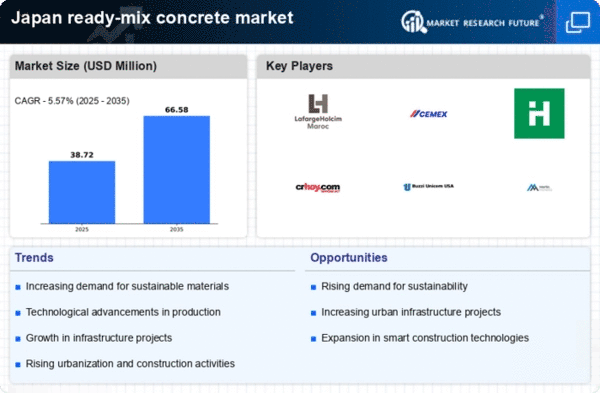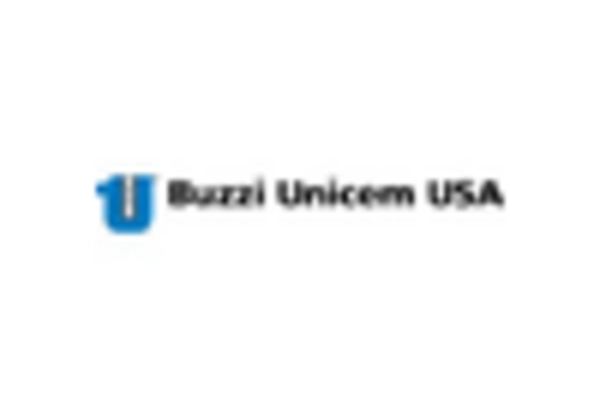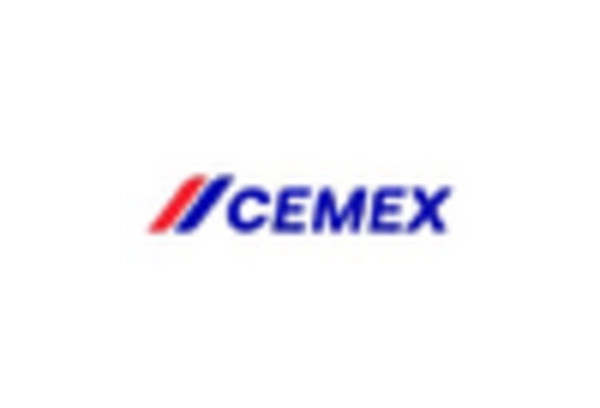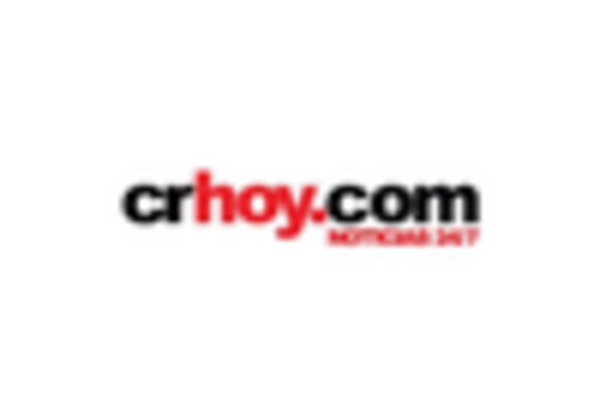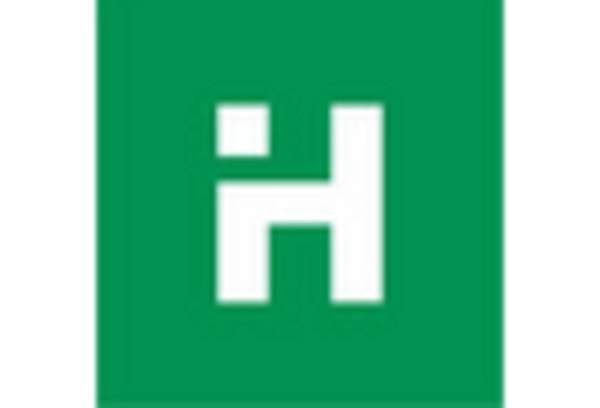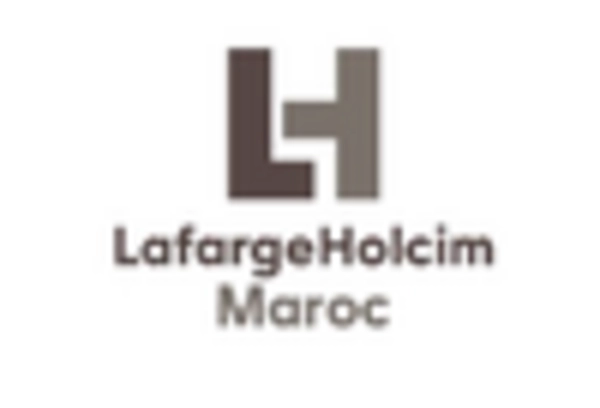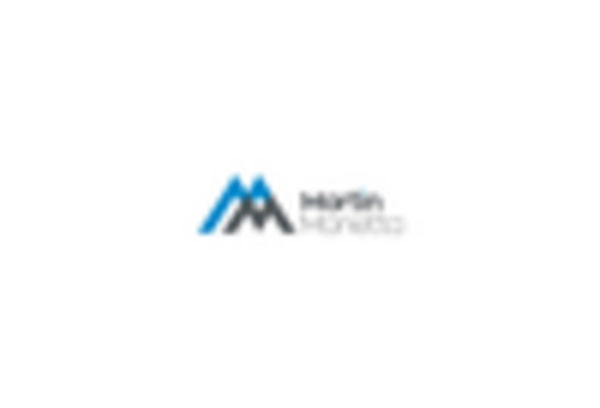Increased Construction Activities
The ready mix-concrete market in Japan is experiencing a surge due to heightened construction activities across various sectors. The government has initiated numerous infrastructure projects, including transportation networks and urban development, which are expected to drive demand for ready mix-concrete. In 2025, the construction sector is projected to grow by approximately 3.5%, leading to an increased requirement for ready mix-concrete. This growth is further supported by private sector investments in residential and commercial buildings, which are anticipated to contribute significantly to the overall market. As construction activities ramp up, the ready mix-concrete market is likely to benefit from the rising demand for high-quality concrete solutions that meet stringent regulatory standards.
Technological Integration in Production
The ready mix-concrete market in Japan is witnessing a transformation through the integration of advanced technologies in production processes. Innovations such as automated batching systems and real-time monitoring are enhancing efficiency and quality control. These technologies not only reduce production costs but also improve the consistency of concrete mixes, which is crucial for meeting the demands of modern construction projects. Furthermore, the adoption of digital platforms for order management and logistics is streamlining operations, allowing for quicker response times to customer needs. As a result, the ready mix-concrete market is likely to see an increase in competitiveness and profitability, driven by these technological advancements.
Urban Population Growth and Housing Demand
The ready mix-concrete market in Japan is significantly influenced by urban population growth, which is driving an increased demand for housing. As urban areas expand, the need for residential construction rises, leading to a higher consumption of ready mix-concrete. In 2025, it is estimated that urban housing demand will increase by 6%, prompting developers to seek efficient and reliable concrete solutions. This trend is further supported by government initiatives aimed at addressing housing shortages in metropolitan regions. As a result, the ready mix-concrete market is likely to see sustained growth, with companies focusing on providing innovative and cost-effective concrete products to meet the burgeoning housing needs.
Rising Demand for High-Performance Concrete
The ready mix-concrete market in Japan is experiencing a notable shift towards high-performance concrete (HPC) due to evolving construction requirements. As projects become more complex, there is a growing need for concrete that offers superior durability, strength, and resistance to environmental factors. This trend is particularly evident in infrastructure projects such as bridges and high-rise buildings, where the performance of materials is critical. The market for HPC is projected to grow by approximately 5% annually, driven by advancements in concrete technology and the increasing emphasis on safety and longevity in construction. Consequently, the ready mix-concrete market is adapting to these demands by offering specialized products that cater to the needs of modern construction.
Regulatory Support for Sustainable Practices
The ready mix-concrete market in Japan is benefiting from regulatory support aimed at promoting sustainable construction practices. The government has implemented policies that encourage the use of eco-friendly materials and energy-efficient production methods. This regulatory framework is fostering innovation within the market, as companies are incentivized to develop sustainable concrete solutions. For instance, the use of recycled aggregates and supplementary cementitious materials is becoming more prevalent, aligning with national sustainability goals. As a result, the ready mix-concrete market is expected to grow, with an increasing number of projects prioritizing environmentally responsible practices, potentially leading to a market expansion of around 4% by 2026.


